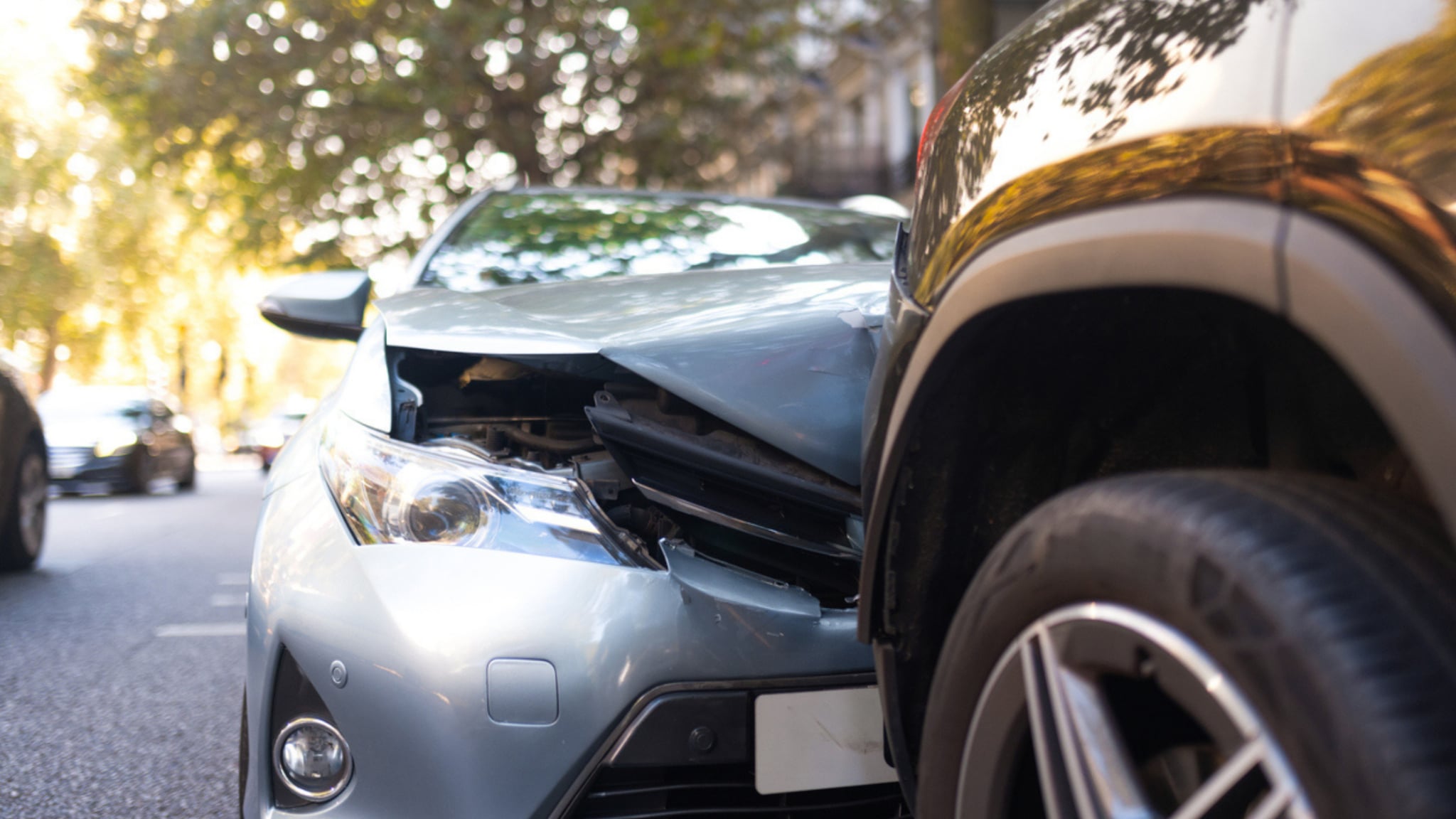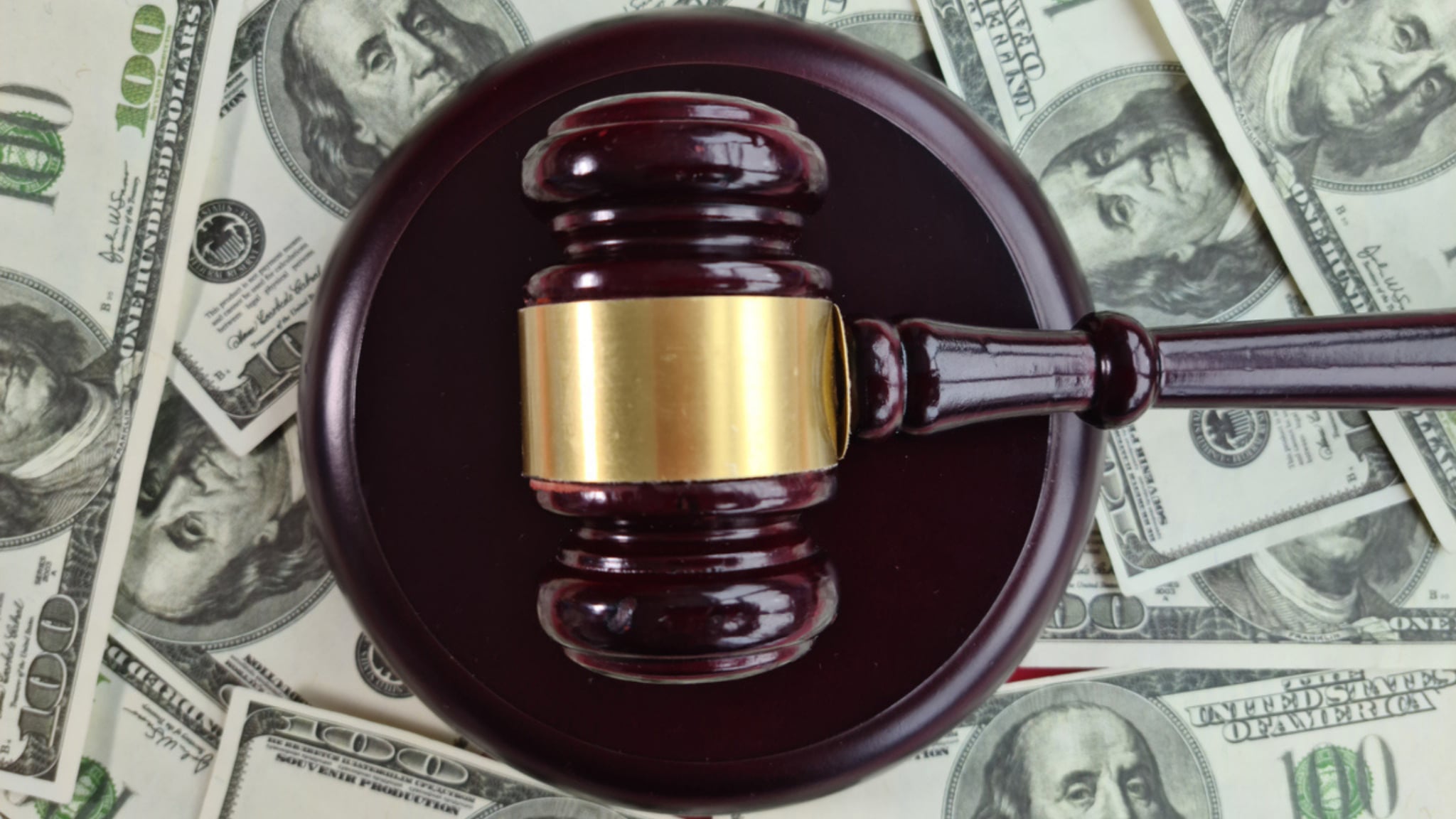That Surprise Settlement Check From An Insurance Company Might Be A Scam-Here’s What To Do If You Receive One

Imagine that in tomorrow’s mail you receive an unexpected check sent by an insurance company. Great news, right? You might think it’s a genuine windfall. You might even immediately take it to your bank to cash it in or be tempted to use the bank’s mobile app to deposit it remotely right away. But, as our founder Mike Morse explains in this quick video, you could be making a costly mistake. Instead, here’s what we recommend you should do before you cash a surprise check from any insurance company.
Is the check authentic? Here’s how to find out
First, verify that the check is the real deal. You can determine the authenticity of a check by contacting the issuing bank and asking if the account from which it comes has sufficient funds to cover the amount of the payment. (The bank won’t tell you how much is in the account, only if there’s enough money on deposit so the check won’t bounce if you cash it.) The name of the issuing bank is usually located near the bottom left side of the document, and the account number is to the right of the nine-digit ABA routing number, which is always on the far left side at the bottom as this helpful article from Investopedia shows. If you do deposit or cash a fake check, your bank could subsequently reverse the deposit or have the funds withdrawn from your account, resulting in bounced payments or other serious problems – even including being accused of bank fraud. The FDIC offers smart advice on what to do if that ever happens to you in this valuable article.
The source of the check can make
a big difference in how you should treat it.
Next, look into the company that sent the check. If it’s from your own insurance company, call your agent to inquire why the money has been sent to you. It’s possible someone may have filed a false claim under your name and is checking your mailbox regularly to see if a check arrives there, hoping to remove it before you do. If they win that race, the scammers can then use criminal methods to “wash” your name from the paper and insert their own, so they can abscond with the insurance company’s money without anyone knowing it even happened. You’ll only find out the “check washing” took place when your insurance premiums unexpectedly skyrocket due to the paid claim next time you receive your bill!
If the check is from an insurance company that covers someone who hit your car or caused you to be injured in some other way, be extra cautious since by cashing it you could actually be accepting a final judgment that removes your future legal right to sue for damages. Examine the check and any other documents that accompany it very closely. If anywhere on the check itself or on the attached remittance advice you see the phrase “full satisfaction of the claim,” it can mean that by endorsing and cashing the check, you’ve knowingly waived the right to file a lawsuit seeking any additional compensation for the injuries you’ve experienced. Likewise, if there’s a request to sign and return a release form, the same warnings also apply. In other words, in all these situations this old saying applies: “If something seems too good to be true, it probably is.”
How can insurance companies get away with this unscrupulous practice?
Unfortunately, a little-known Michigan law permits insurers to send injured people checks labeled “full satisfaction of the claim” in the hopes that unaware accident victims will take the money and, as a result, absolve the company from any further responsibility for damages caused by their policyholders. It’s a loophole spelled out in Section 440.3311 of Michigan Compiled Laws, which states that by accepting a payment tendered as “full satisfaction of the claim,” victims give up the ability to sue insurers for any additional compensation beyond what they’ve already accepted when they endorsed and cashed the check. The only way for an unwary check recipient to get out of this sad situation is to pay all the money they received back within 90 days of accepting it. The law spells it all out with the following legalese: The claim is discharged unless “the claimant proves that within 90 days after payment of the instrument, the claimant tendered repayment of the amount of the instrument to the person against whom the claim is asserted.”
The problem with this is that most people tend to spend some or all of the surprise money right after they’ve received it… which makes “tendering repayment” a real challenge. And that’s why you should always think twice… or maybe five times … before ever cashing an unexpected check from any insurance company. If you want to seek more information on various protections currently in place for Michigan consumers regarding insurance issues, this 68-page Consumer Protection guidebook published by the state legislature might come in handy. You do also have some other rights concerning insurance payments that the Michigan Department of Insurance and Financial Services outlines here. But if you’d rather get a quicker answer about how to handle the surprise insurance check you just received, keep reading this article!
To be sure you’re not being scammed, just ask for our free advice
As Mike Morse explains in the video we mentioned in the first paragraph of this article, we are always happy to examine any check you might receive from an insurance company and advise you on how to best deal with it. It won’t take long for us to examine the document and determine if it’s legitimate … or if it has a hidden agenda that’s asking you to sign away your rights. To receive our free advice, simply call 855-MIKE-WINS (855-645-3946) and ask us for it. There’s never any upfront cost or obligation, and we’ll let you know what we discover right on the spot, so don’t ever hesitate to get in touch!
Content checked by Mike Morse, personal injury attorney with Mike Morse Injury Law Firm. Mike Morse is the founder of Mike Morse Law Firm, the largest personal injury law firm in Michigan. Since being founded in 1995, Mike Morse Law Firm has grown to over 250 employees, served 100,000 clients, and collected more than $2 billion for victims of auto, truck and motorcycle accidents. The main office is in Southfield, MI but you can also find us in Detroit, Sterling Heights and many other locations.





















